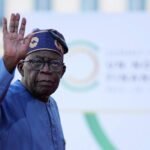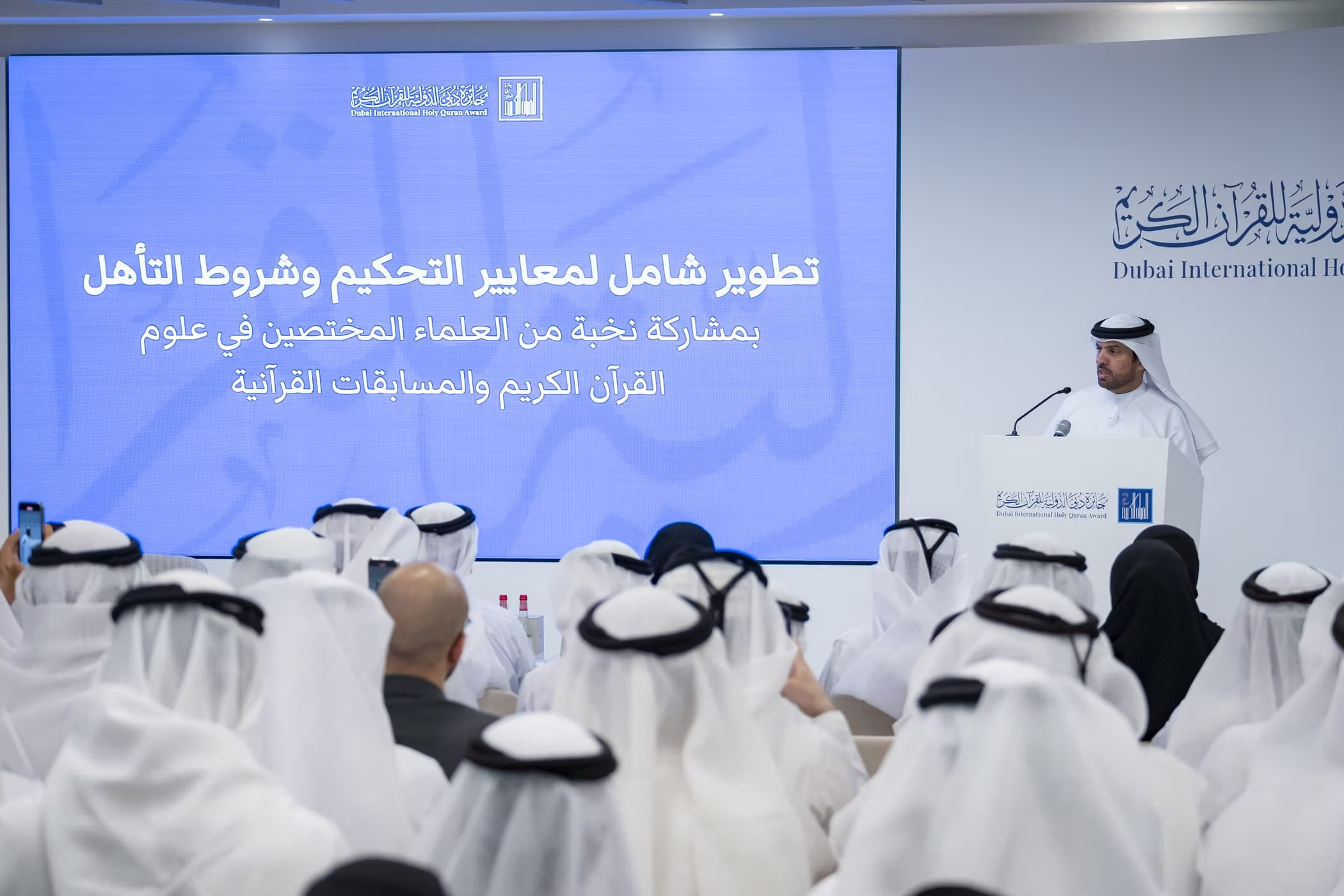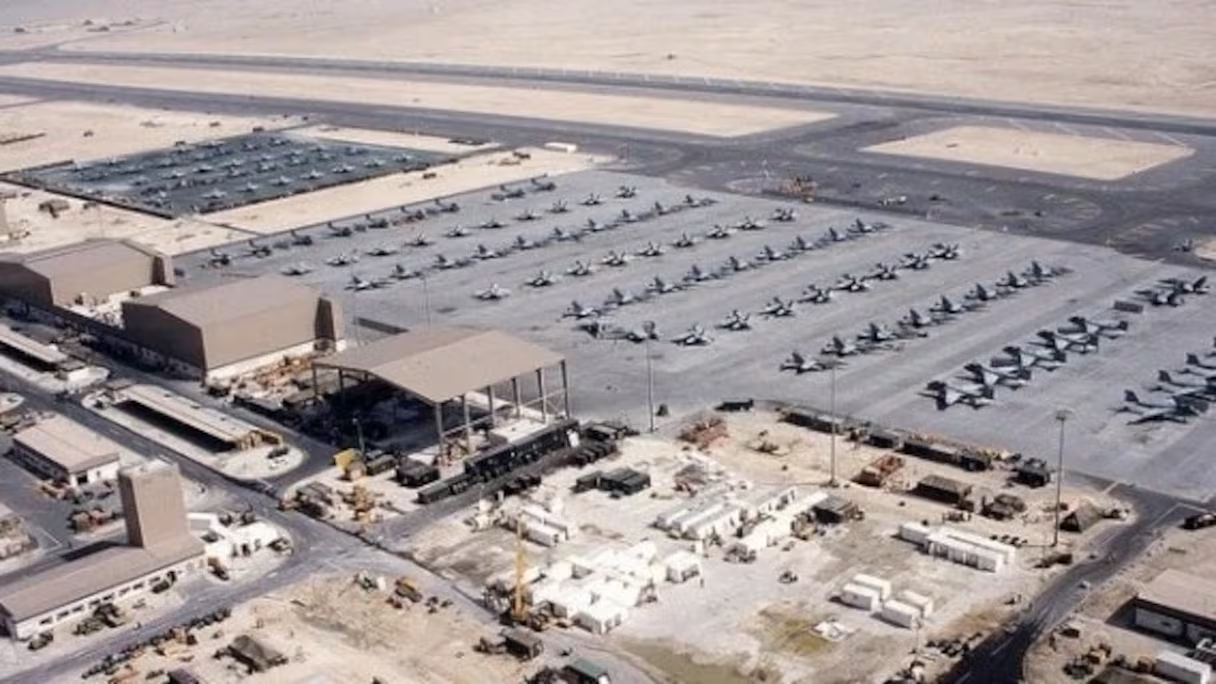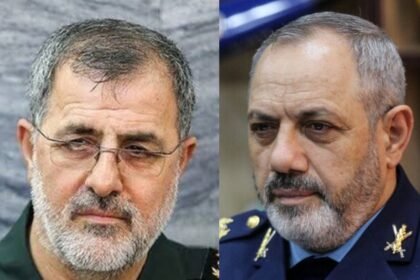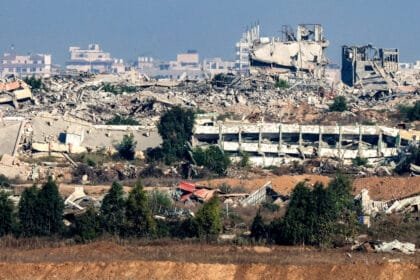Jordan – King Abdullah II of Jordan will deliver the Speech from the Throne today, Sunday, at the opening of the second regular session of the 20th Parliament (both Houses of Parliament and Senate). The speech will review national policies and the foundations of important regional issues.
The Speech from the Throne, in accordance with Article 79 of the Jordanian Constitution, marks the opening of the regular session of the National Assembly. The King may delegate the Prime Minister or a minister to conduct the opening ceremonies and deliver the speech. The first Speech from the Throne was recorded during the Emirate era in 1929, and the first speech during the Kingdom era was in 1946. King Abdullah II delivered his first speech in 1999.
The regular session of the Jordanian Parliament lasts six months, with the possibility of an additional three-month extension to complete legislative work. The King has the right to dissolve the House of Representatives before the expiration of that period or to postpone the session of the House, pursuant to a royal decree published in the Official Gazette.
This year’s Throne Speech includes a “comprehensive roadmap” for the national modernization project. This includes a call to enhance parliamentary and governmental performance and integrate powers. It also emphasizes the national and central values stemming from the founding principles of the Great Arab Revolt and the Hashemite commitment to the Arab and Islamic nations and the international community.
The speech underscores the continuity of the reform and development approach in various fields. It calls on government institutions and citizens to unite and work together to confront current and future challenges. Key issues include defending Islam, combating terrorism, and strengthening national unity. It also calls for preserving democratic standards, raising the level of political participation, providing educational opportunities for youth, and improving the quality of life for Jordanians.
The Speech from the Throne also highlights Jordan’s national and regional role, particularly with regard to the Palestinian issue and the preservation of Islamic and Christian holy sites in Jerusalem under Hashemite Custodianship. This underscores the Kingdom’s continued commitment to regional stability and strengthening international cooperation.







